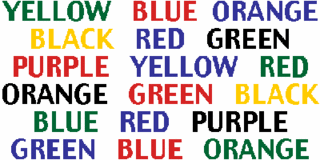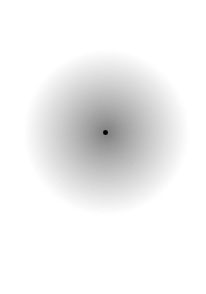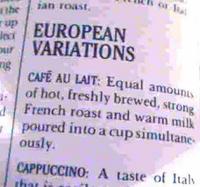The Coffee Bean © Cake
Ingredients:
* 1 cup scalded very fresh milk
* 4 egg yolks
* 3 whole eggs
* 2/3 cup (salted or un-salted)butter
* ½ cup quality sugar
* 2 yeast cakes or packages
* ½ teaspoon extract lemon and/or
* 2 crushed cardamon seeds
* 4 2/3 cups flour
Instructions:
To prepare this Brioche Coffee Cake Recipe, first cool the scalded milk; when lukewarm, add yeast, and when it is dissolved add remaining ingredients, and beat thoroughly with hand ten minutes; let rise six hours.
Keep in ice-box over night; in the morning turn out onto a well floured board, roll into a long rectangular piece one quarter of an inch thick; spread evenly with softened butter, fold 1/3 from sides toward centre to finally make three layers. Cut off pieces three-fourths inch wide; cover and let rise.
Take each piece separately in hands and twist or roll in opposite directions, coiling ends together an pinching at top of cake.
Let rise in pans (use a muffin tin) and bake twenty minutes in a moderate oven; cool and brush top with confectioners' sugar, brought to a glaze with boiling water and lemon drops if desired or flavored with vanilla, Rum, coffea, you get the point.
Happy Coffee Bean to you!









